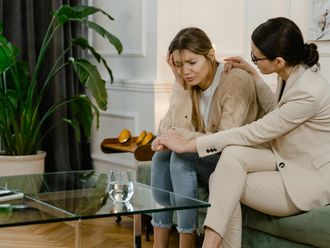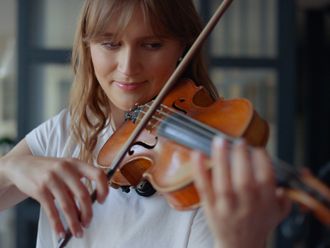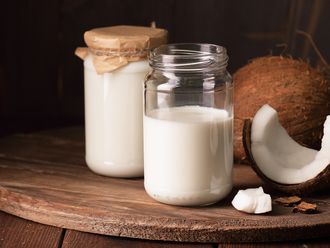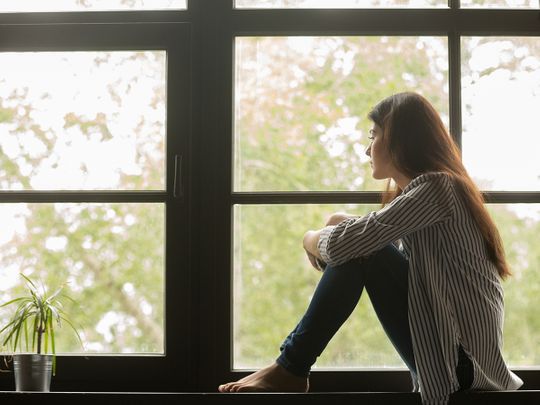
He spent five years, living alone on a hillside.
In the 1980s, British author and journalist Neil Ansell got an offer he couldn’t refuse. After living in London, he moved to a cottage in the Welsh mountains. The picturesque views of open skies and ravens around him, came with the catch of complete isolation. He lived on a farm, which was inhabited by a single tenant. No one came by the house. He didn’t even have a phone. Yet, he didn’t miss anything.
That’s how he lived for five years. He grew ‘self-sufficient’ as he said, journaling daily, chopping wood, fetching water, feeding the ravens and gathering his supply of food. He was never bored; there was too much to be done.
“I became so used to being on my own that I recall going to the village shop one day and my voice cracking, as I asked for something at the counter,” he told the BBC in 2020. “I realised I hadn't spoken in two weeks, not a single word. And that became quite normal for me.”
When he returned to civilisation, he found the new world a bit of a shock. Conversations were now a challenge, Ansell explained in the interview with the broadcaster. “What I found difficult was the amount of talking. I’m not an antisocial person, but I did struggle with that.” Ansell noticed that his identity had ‘begun to slip away’.
“When you’re alone, you start to lose your sense of who you are, because you don't have an image of yourself reflected in the way that other people react to you. So I think to some extent, when I returned I had to rediscover who I could be in a social setting,” he explained.
In his memoir, Deep Country, he elaborated this further. “You might think that such protracted solitude would lead to introspection, to self-examination, to a growing self-awareness. But not for me. What happened to me was that I began to forget myself, my focus shifted almost entirely outwards to the natural world outside my window.”
When you’re alone, you start to lose your sense of who you are, because you don't have an image of yourself reflected in the way that other people react to you
Ansell felt that he had become a ‘void’ and an ‘absence’, disappearing from his own story. He adds that he could have stayed forever, but would become more reclusive and eccentric.
In the post-pandemic world, Ansell’s words reverberate. After going through several lockdowns, the words social isolation has been a subject of much discourse. What is it, and how does it impact people?
Moreover, what happens when human beings just live alone?
What is social isolation?
Introversion is often confused with social isolation, but the truth is, there are stark differences between the two concepts.
A person experiencing social isolation, cuts off completely from their friend circle, experiences possible mood swings and shuts themselves off from the world. A person will stay at home for lengthy periods of time, without little or no access to any community. They do not have much contact with family or friends either. Often, they’re overcome by negative thoughts.
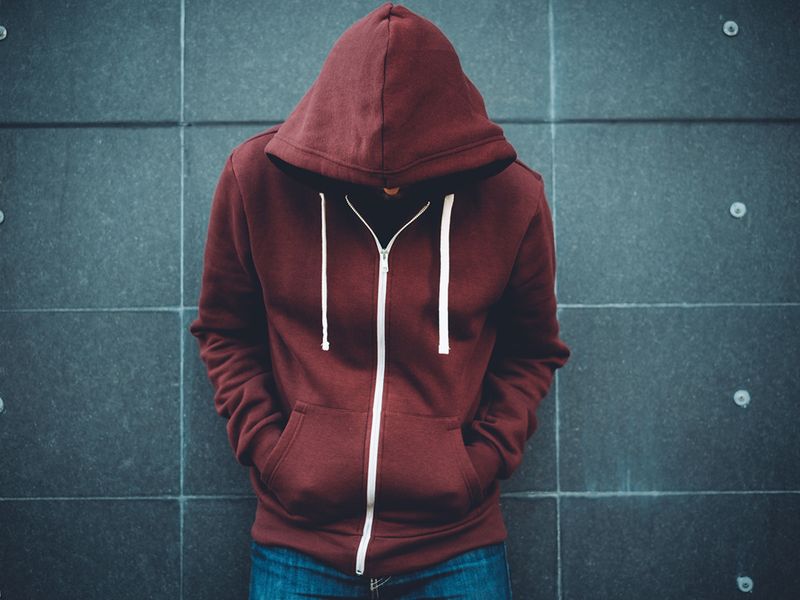
There could be several reasons why people choose to do this. Social isolation could be voluntary or involuntary, explains Joseph Belda, a Dubai-based psychiatrist. For instance, during the COVID-19 pandemic lockdown, people had to remain confined in their houses for months. That is an example of involuntary social isolation. Other reasons include lack of transport, social network, and illnesses if they are housebound, and are physically unable to leave the house.
However, if people can physically leave the house but choose not to do so, it is called voluntary isolation. Depression, social anxiety are possible barriers in preventing a person from leaving their social isolation. Or, it could be the end result as well.
“A reason could also be the lack of emotional support,” explains Carolyn Yaffe, cognitive behaviour therapist from the Dubai-based Medcare Camali clinic. “You become socially isolated if you feel that you have no one to turn to. People have the thought ‘no one understands what I am going through’,” she adds.
At the end of the day, we need human connection. Losing that sense of human contact also changes the way people view the world. According to the US-based site National Institute of Aging, social isolation also results in emotional pain. Emotional pain activates the same stress responses in the body as physical pain. When this continues for a long time, it can lead to chronic inflammation and reduced immunity. “This raises your risk of chronic diseases and can leave a person more vulnerable to some infectious diseases,” the report reads. As you become less connected, your body struggles to deal with chronic stress. The lack of social interaction could also lead to poorer cognitive function, as you are staying alone all the time.
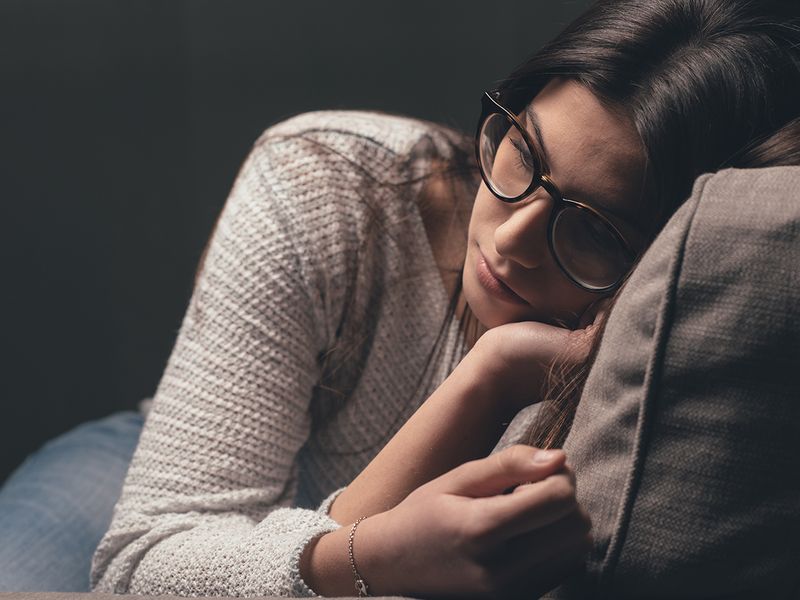
Social anxiety is another factor that can lead to social isolation. Many people have anxiety around social situations, adds Yaffe. “They have panic attacks in such circumstances, so they find it easier to isolate and be on their own. And then when they do so, they might feel lonely. So, it becomes a vicious cycle,” she adds.
Social isolation is a risk factor for mental health problems, which could lead also to depression. “Social isolation does a number on you, not just in terms of mental health. It affects you physically, like panic attacks, chest pains and constant headaches. It affects the mind-body connection,” explains Yaffe.
Isolators often feel helpless and alone. They really don’t want to stay alone, but they do so out of compulsion. It’s a conflict between simultaneously experiencing loneliness and wanting to avoid social interactions. There’s a Japanese word for it – ‘Hikikomori’ or a state of acute isolation.
Hikikomori itself means, ‘to shut oneself in’. A Korean named You Seung-gyu made news with his story on social isolation, recently. He finished high school, stayed in his home for five years. Even his military duty did not stop him from his isolation. He did not seek a job and shut himself inside his home till 2021.

Social isolation does a number on you, not just in terms of mental health. It affects you physically, like panic attacks, chest pains and constant headaches. It affects the mind-body connection
However, a rehabilitation program provided by the Seoul branch of Japanese social enterprise K2 International Group finally allowed him to break his isolation. Currently, according to Korean newspaper The Korea Herald, the 30-year-old has been helping other socially isolated individuals. This particular program tackles the growing problem of ‘Hikikomori’, which has become a growing challenge in both Japan and Korea. According to the Philippine news site Inquirer, the Seoul city government estimates that as much as 129,000 people aged between 19 to 39 remain secluded either due to social withdrawal or isolation, as of January 2023. They cited challenges in getting employed, mental health issues and difficulties in creating social relationships.
There are several factors that have led to this isolation, including bullying, constant exposure to competitive people and domestic violence. In South Korea, the COVID-19 pandemic also played a role in discouraging people from returning to society. A 2021 study by the Korea Institute for Health and Social Affairs showed that Korean hikikomori could hypothetically trigger a loss of 500 billion won ($374.4 million) each year. This occurred when they couldn’t be rehabilitated to enter the workforce and needed to rely on social services for the rest of their lives. Steps are now being taken by the Seoul government to locate people suffering from social isolation, recover their confidence, and to establish several rehabilitation centers across the city.
Dealing with unprocessed trauma
Thirty-four year old Seher Khan cut off from all her friends when she was 19. After living in Dubai all her life, she had gone to study abroad at Leeds University, England. The change, inviting at first, became disturbingly unsettling. Unable to cope with the kind of people, food, classes and environment, she fell into a deep depression. “I don’t know what hit me. Everything seemed so overwhelming. I didn’t want to meet people. I just kept crying at night. Finally, much to my parents’ anger, I returned home.”
Ashamed and feeling mortified at not being able to complete her degree, Khan barely left her room for days. “My school friends tried reaching out to me. I refused to talk to them. I couldn’t face anyone, because I thought I had failed myself, and my parents. My mother was upset, and kept trying to talk to me. I barely spoke to her either, except to eat meals. I spent around ten months, just practically sitting in my room, reading, and sleeping.”
Khan reiterates that she felt miserably alone, but just didn’t how to be with people anymore. “I feared that I would just be awkward. People would judge me, I was sure of that. Finally, on my mother’s insistence and crying, I began meeting one friend, once a week. The first few meetings were filled with silences, but my friends still tried so hard.”
It took her six months to go out and meet a small group of friends. “When a group of four friends came to surprise me for my birthday, I was so overcome. I cried so much, and that was the biggest relief. I realised that I wasn’t so alone and that people actually wanted to be with me.”
Even today, Khan worries about isolating herself like that again. “I do my best to keep a watch on myself, now. I might not like being with too many people, but I make sure to keep in touch with the ones that I love. I keep reminding myself to not lose that human connection,” says the Pakistani expat.
How is social isolation different from introversion?
They can be alone without being lonely. A few is company.
Introverts are just more comfortable in their own company, explains Belda. “They feel better with their close people. They don’t wish to socialise so much, be around big crowds and parties.” While they might not want to be the life of the party, they still know how to make friends. Moreover, introverts also enjoy their own company. They embrace occasional solitude and like being alone often, to pursue their own interests. However, that doesn’t mean they cut off from people, like in the case of isolators.
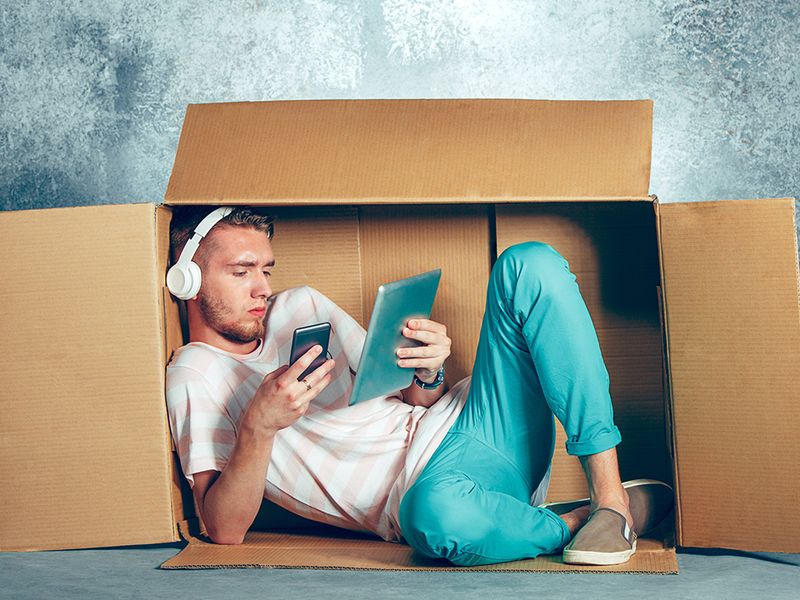
In the case of isolators, they are often engulfed with negative thoughts and are not able to communicate their feelings. “Introversion is part of the personality trait of an individual. It is not abnormal or something to be concerned about. Social isolation should be taken as a sign of an underlying mental health issue along with other signs and symptoms,” explains Arfa Banu, clinical psychologist, Aster Clinic, Bur Dubai. “A known quality of introverts is that they are more comfortable with their own thoughts and ideas, rather than what happens externally,” she adds.
In short, introverts are more comfortable in their own company. Most isolators aren’t.
Twenty-six year old Mahua Sharma, an Abu Dhabi-based Indian corporate professional, explains the difference as well. An introvert, she prefers to avoid grand parties and gatherings. “I don’t like those kind of parties. But I do like hanging out with three or four of my friends at home, watching a film. It does not mean that I do not want to be around people. It’s just about the people that I want to be around. And sometimes, I just need time by myself,” she explains.
She doesn’t mind doing solo trips occasionally, or staying home on weekends, focusing on her art. “There are times when I don’t feel like going out either. But I still look forward to meeting my friends on other days,” she says.



